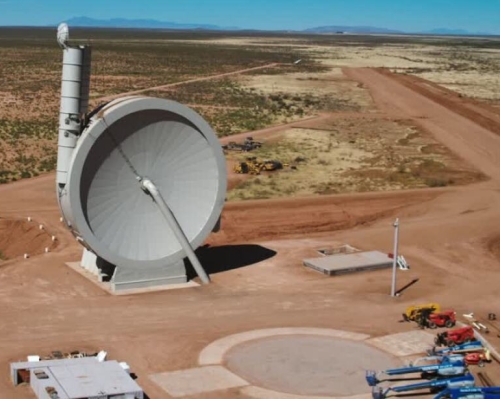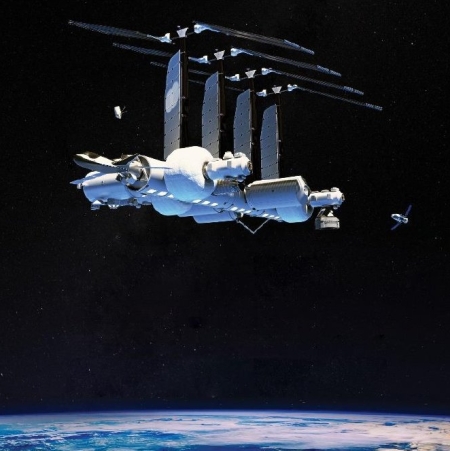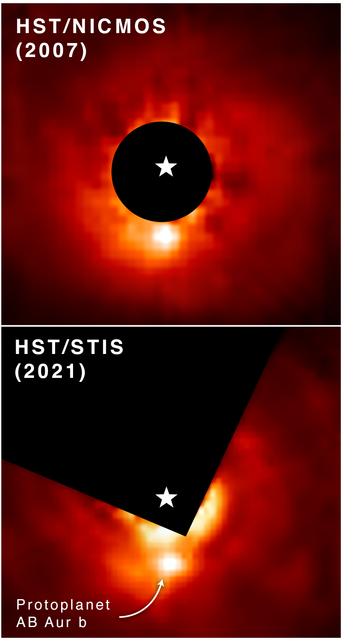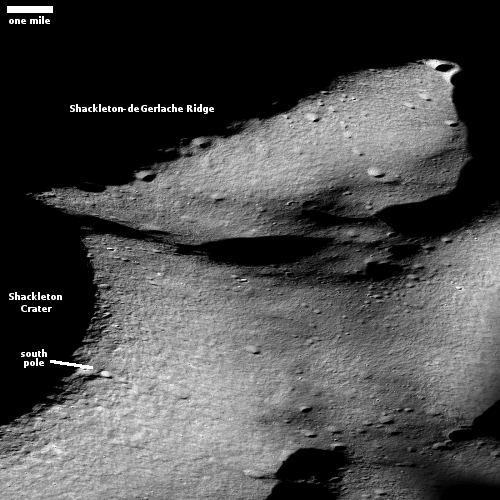Commercial imaging satellites prove their military worth in the Ukraine War
Capitalism in space: Because of the ability of private commercial satellites to obtain high resolution reconnaissance and radar images of the ground quickly, U.S. intelligence agencies decided right before the Russian invasion of the Ukraine to not only use those satellites, but to funnel that data both to the public and to the Ukraine.
“We partner with over 100 companies, we’re currently using imagery from at least 200 commercial satellites and we have about 20 or so different analytic services in our pipeline,” David Gauthier, director of commercial and business operations at the National Geospatial-Intelligence Agency (NGA), said during a panel discussion at the 37th Space Symposium. “Because of all that, when Russia prepared to invade, we and the NRO [National Reconnaissance Office] increased and accelerated several efforts that were underway commercially,” said Gauthier.
The daily flow of intelligence that previously was only available from government sources and seldom released to the public is no accident, said Gauthier. “This moment has really been set up by a lot of hard work by many companies and many in the government to prepare ourselves to take better advantage of commercial capabilities.”
Leading up to the conflict, he said, “we more than doubled the commercial electro-optical imagery that was bought over Ukraine.” Imagery from companies like Maxar, BlackSky and Planet “was able to flow directly to those who need it, EUCOM [U.S. European Command], NATO and directly to Ukrainians,” Gauthier said.
The military’s increased reliance on reconnaissance imagery from these private commercial satellite constellations during this war is likely to accelerate the military’s switch from building its own big and expensive government satellites — which also launch rarely and provide little redundancy — to using the private sector for its needs.
In other words, the success of the private sector in this area during this war has once again proved the validity of the recommendations in my 2017 policy paper, Capitalism in Space [pdf].
The government should stop being a builder and instead become merely a customer. Let competing private companies do the work. Not only will the government get what it needs faster and for far less, the competition will fuel innovation and prosperity for the American people.
Capitalism in space: Because of the ability of private commercial satellites to obtain high resolution reconnaissance and radar images of the ground quickly, U.S. intelligence agencies decided right before the Russian invasion of the Ukraine to not only use those satellites, but to funnel that data both to the public and to the Ukraine.
“We partner with over 100 companies, we’re currently using imagery from at least 200 commercial satellites and we have about 20 or so different analytic services in our pipeline,” David Gauthier, director of commercial and business operations at the National Geospatial-Intelligence Agency (NGA), said during a panel discussion at the 37th Space Symposium. “Because of all that, when Russia prepared to invade, we and the NRO [National Reconnaissance Office] increased and accelerated several efforts that were underway commercially,” said Gauthier.
The daily flow of intelligence that previously was only available from government sources and seldom released to the public is no accident, said Gauthier. “This moment has really been set up by a lot of hard work by many companies and many in the government to prepare ourselves to take better advantage of commercial capabilities.”
Leading up to the conflict, he said, “we more than doubled the commercial electro-optical imagery that was bought over Ukraine.” Imagery from companies like Maxar, BlackSky and Planet “was able to flow directly to those who need it, EUCOM [U.S. European Command], NATO and directly to Ukrainians,” Gauthier said.
The military’s increased reliance on reconnaissance imagery from these private commercial satellite constellations during this war is likely to accelerate the military’s switch from building its own big and expensive government satellites — which also launch rarely and provide little redundancy — to using the private sector for its needs.
In other words, the success of the private sector in this area during this war has once again proved the validity of the recommendations in my 2017 policy paper, Capitalism in Space [pdf].
The government should stop being a builder and instead become merely a customer. Let competing private companies do the work. Not only will the government get what it needs faster and for far less, the competition will fuel innovation and prosperity for the American people.










